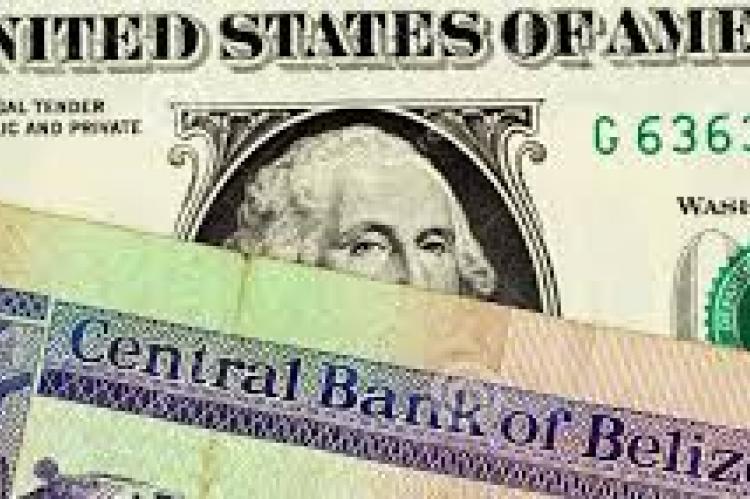"The Pros and Cons of Belize De-Pegging from the US Dollar".
By: NP Special Correspondent
Belize City, Saturday, 1st April 2023
"Belize currently operates with a fixed exchange rate regime, where its currency, the Belizean dollar (BZD), is pegged to the US dollar (USD) at a fixed rate of BZD 2 to USD 1. If Belize were to de-peg from the USD, the consequences would depend on various factors, such as the manner and timing of the de-pegging, the prevailing economic conditions in Belize and globally, and the government's policies to manage the transition.
Belize is facing several economic challenges, including high costs of global imports, high excise and import duties, and hyperinflation. These challenges could potentially motivate the Belizean government to consider de-pegging from the USD as a way to gain greater control over its monetary policy and manage its currency's value more flexibly.
De-pegging from the USD is a significant policy decision that involves careful consideration of various economic and political factors. While the future or the policy decisions of the Belizean government are unpredictable, here is a general analysis of the potential consequences of such a move.
Immediate to medium-term consequences if Belize were to de-peg from the USD would include:
Currency volatility: The value of the BZD would likely fluctuate more freely against other currencies, which may make it harder for businesses and individuals to plan and budget effectively.
Inflationary pressure: If the value of the BZD were to fall significantly, imports would become more expensive, which could lead to inflationary pressure in the economy, making it harder for people to afford basic goods and services.
External debt burden: Belize has significant external debt denominated in USD, and if the value of the BZD were to fall against the USD, this would make it more expensive for the government to service its debt obligations.
Potential trade and investment disruptions: De-pegging from the USD could affect trade and investment flows between Belize and other countries, with some investors and traders being wary of investing or trading with a country that has a floating exchange rate.
However, in the longer term, de-pegging from the USD could bring some benefits for Belize, such as:
Greater monetary policy autonomy: With a floating exchange rate, Belize would have more control over its monetary policy, which could enable it to respond more effectively to domestic economic conditions.
Increased trade diversification: A floating exchange rate could make Belize's exports more competitive, helping to diversify the country's trade relationships beyond its traditional partners.
Improved economic resilience: By adopting a floating exchange rate, Belize could reduce its vulnerability to external shocks, such as changes in global interest rates or fluctuations in the USD exchange rate.
De-pegging from the USD would involve significant consequences for Belize and would depend on a range of factors. The government of Belize would need to carefully manage the transition to mitigate any negative impacts and maximize the potential benefits.
In summary, de-pegging from the USD could potentially offer some benefits for Belize, such as greater monetary policy autonomy, but could also bring significant risks and challenges, particularly in the short to medium-term. Any decision to de-peg from the USD would need to be carefully considered and accompanied by policies to manage the transition and mitigate any negative impacts."
- Log in to post comments

